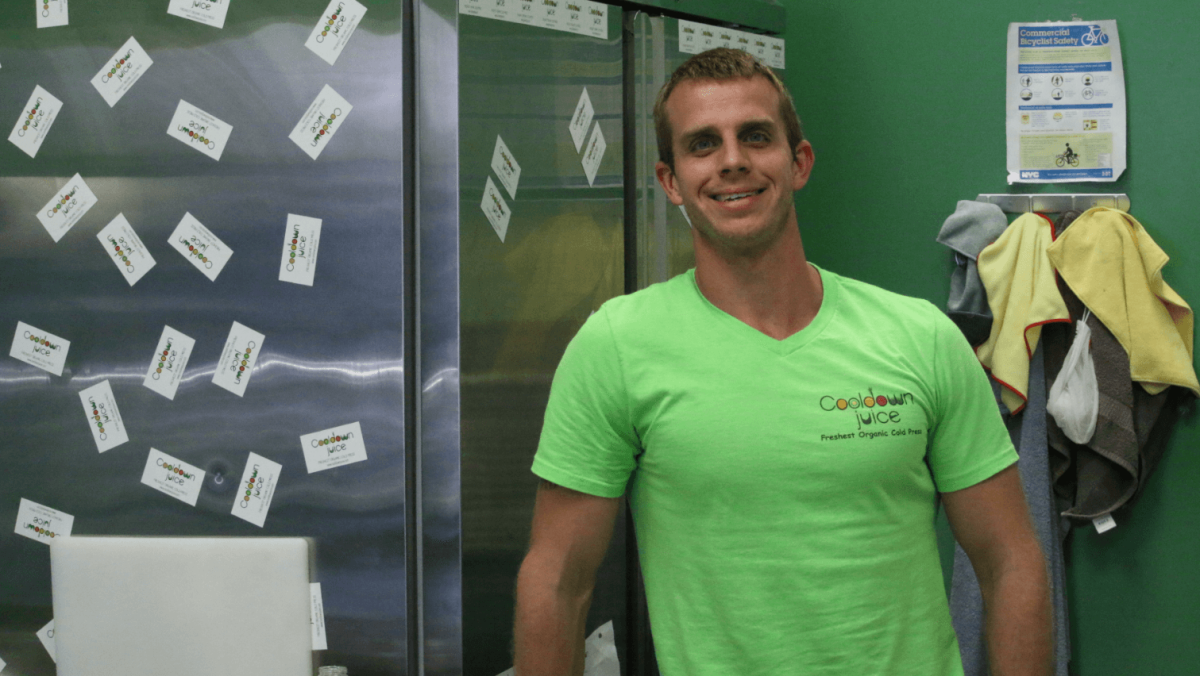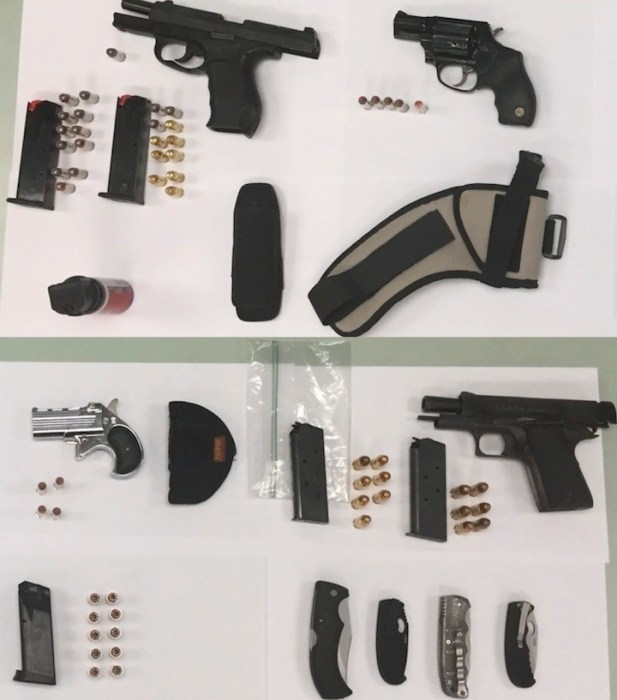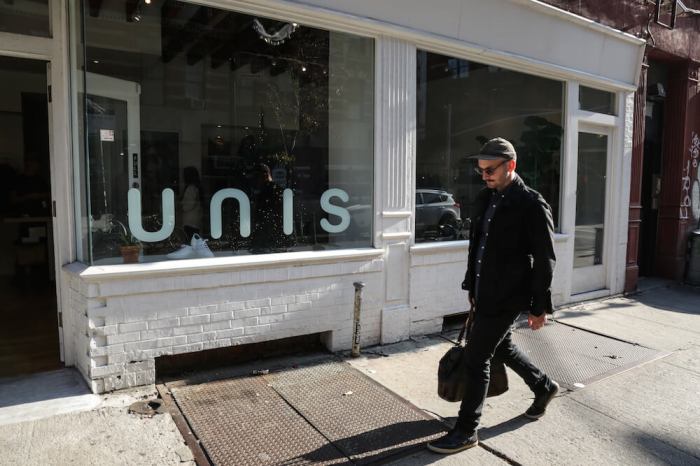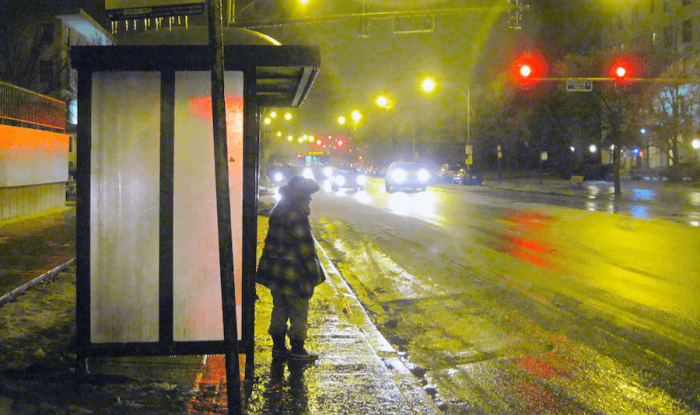Daniel Barthels never thought that such a small instrument as the violin would teach him so much about life.
Yet that’s what happened when he learned to play the classical instrument as an inmate in prison.
“It was easy to identify myself as being someone different [and playing a different instrument] and to have my place in a sub-society,” Barthelssaid.
Barthelsis set to share his story, and the role of music in prison, on Sept. 25 at Carnegie Hall. The evening, which includes a screening of “Sing Sing: The Transformative Power of Story, Music and the TEDx Talk,” will include discussions and personal stories. The youngest of three children from a middle class family in Long Island, Barthels’restless spirit led him to alcohol and marijuana at 11 years old.
He associated with an older crowd already involved in criminal activities and at 14 was arrested for the first time for pulling out a knife on someone. Around the same time, his parents got divorced, and as he got older his taste for drugs changed and he started doing ecstasy. Kicked out of his home at 16, he roamed around, from upstate New York to New York City and Virginia and living a life of crime.
“I had no real outlook for creativity and no real sense of purpose,” Barthels said. “I was pretty much just drifting and searching for myself and thinking that money brought value to me because I thought that was the only way people found value in me, the only way they wanted me around.” RELATED: Keeping life on the straight and narrow Eventually at 20 he was arrested for armed robbery and sentenced to nine years in prison, landing him at Sing Sing Correctional Facility.
The first couple of years in prison he fell into the same pattern, hanging out with the wrong crowd and smoking weed, although he began to exercise as a way to look for discipline.
In 2010 he discovered the violin after spending some time with an inmate who played the guitar and visiting the prison’s music room.
“It’s kind of a humbling thing to do in a maximum security prison to pick up a violin and say this is going to be what I am going to identify myself with when everyone is trying to show just how tough they are,” Barthels said. “It’s not necessarily the most masculine thing to do.” He taught himself how to play with a “How to Play Violin for Dummies” book and practiced with lullabies such as “Twinkle, Twinkle Little Star.”
A year down the line, Carnegie Hall introduced the Musical Connections program to Sing Sing where inmates had the opportunity to learn and perfect their instrument playing skills with the help of a seasoned instructor. Barthels wasted no time in joining and discovered a hidden passion not just for playing, but also composing.
“It kindled the fire within me and I felt this strong drive to better myself and to become a strong musician,” Barthels said. “The passion, the guidance and initiative that they felt for helping develop our talent helped.” RELATED: EXCLUSIVE: Mark-Viverito affirms City Council not done with policing reform By the end of his sentence in September 2014, he continued playing and performing at several benefit concerts thanks to several musician friends he made through Musical Connections.
Today, Barthels is the proud owner of Cooldown Juice, an organic juice store in Sunnyside, Queens.
He credits Carnegie Hall’s Musical Connection for helping him find his path and living a clean life.
“I’m not a threat to other people anymore,” Barthels said. “I’m not out robbing people anymore and taxpayers aren’t paying for me to sit in a prison anymore. That’s the impact that this has on society at large and I see myself in the future giving into this and that music has a way of rehabilitating people.”
Former inmate credits Carnegie Hall music program for turning life around

Karina Cuevas

















